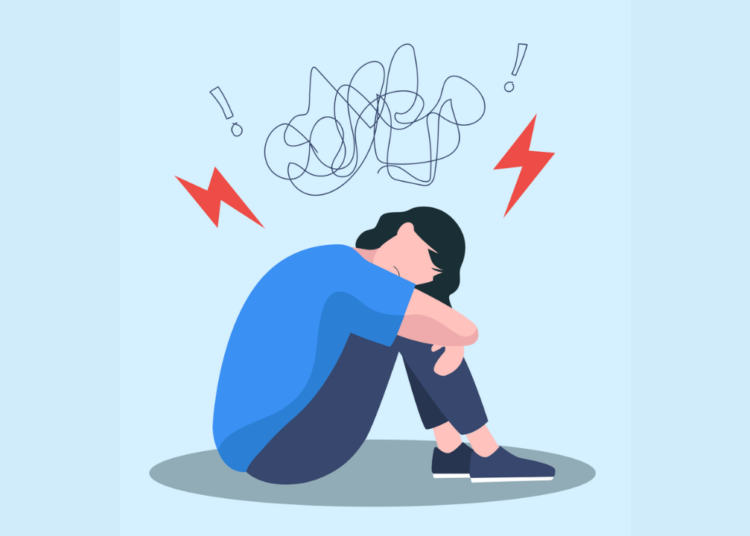The World Health Organization defines stress as a state of worry or mental tension caused by challenging circumstances. Stress is a universal human response that enables us to address challenges and threats in our lives.
While everyone experiences stress to some degree, our individual responses to stress are critical to our overall well-being.Stress is the body’s natural reaction to a challenge and can be positive when it helps you avoid danger or meet a deadline.
However, when stress persists over a prolonged period, it can pose serious risks to your health.Stressful situations can cause mental health conditions, most commonly anxiety and depression which require access to health care. When we suffer from a mental health condition, it may be because our symptoms of stress have become persistent and have started affecting our daily functioning, including at work or school. It is ok to encounter stress in challenging situations such as job interviews, school exams or conflict with friends and family.
Stress can reduce over time as the situation improves for some while for others it improves as they learn to cope emotionally with the situation.There are two primary type of stress:Acute Stress: This is short-term stress that subsides quickly.
It stems from your body’s response to new or challenging situations, such as the adrenaline rush you feel when slamming on the brakes, having a disagreement with a loved one, or narrowly avoiding a car accident. Acute stress is beneficial in managing dangerous situations and arises when you engage in something new or exciting. It’s an experience shared by all individuals at some point.
After a traumatic event, acute stress disorder (ASD) usually manifests itself within a month. While the disorder’s symptoms are similar to those of post-traumatic stress disorder (PTSD), they are more transient, lasting anywhere from a few days to a month. Some individuals who have this illness may go on to experience PTSD.Chronic Stress; Prolonged, frequently overwhelming stress can have a detrimental effect on a person’s day-to-day functioning.
Chronic stress affects the whole body, it can have several physical or psychological symptoms which can make functioning on a daily basis more challenging. Stressful moments are a common occurrence in everyday life, the long-term, persistent nature of these emotions can have a negative effect on one’s health. The physical consequences of stress typically subside quickly.
The type and severity of symptoms vary from person to person.A variety of life experience can cause stress, and these may begin in childhood. When children experience traumatic events, it can lead to the development of chronic stress that may last into adulthood. These types of events are known as adverse childhood experiences (ACEs).
Examples of ACEs include; Mental illness in one or more parents, parental divorce, homelessness, emotional, physical or sexual abuse, substance misuse in the family.In adulthood, chronic stress can happen as a result of very similar causes as well as problem in the workplace, unemployment or financial problems, injury that impacts a person’s daily life. Do not try to deal with chronic stress alone, if self-help strategies are not working, a doctor can provide support and advice about treatment options.The body is pressed for a long time by chronic stress. This may result in a variety of symptoms and raise the possibility of contracting specific diseases.
Physical symptoms of stress may include; Low energy, headaches, upset stomach including diarrhea, constipation and nausea, aches, pains and tense muscle, chest pain and rapid heartbeat, frequent colds and infections. while the Emotional symptoms include becoming easily agitated, frustrated and moody, feeling overwhelmed as if you are losing control or need to take control, having a hard time relaxing and quieting your mind and feeling bad about yourself (low self-esteem) and avoiding others.
However, there are several strategies to mitigate stress, including identifying its root causes, nurturing strong relationships, eating healthy, regular exercise, seeking help when necessary, giving your mind time to rest, good sleep habit and taking good care of yourself.While stress is an inevitable part of life, how you choose to handle it holds great significance. If stress begins to impact your health and daily life, it’s crucial to reach out to a healthcare professional or therapist for guidance and support.
–Lisa Abubakar is a 300L Mass Communication, University of Maiduguri.
We’ve got the edge. Get real-time reports, breaking scoops, and exclusive angles delivered straight to your phone. Don’t settle for stale news. Join LEADERSHIP NEWS on WhatsApp for 24/7 updates →
Join Our WhatsApp Channel









